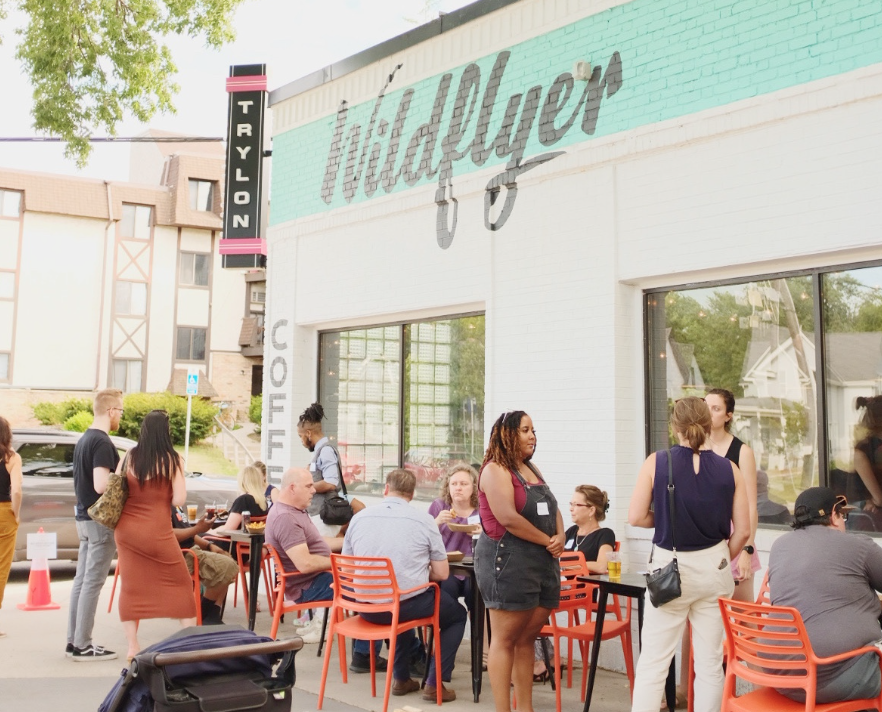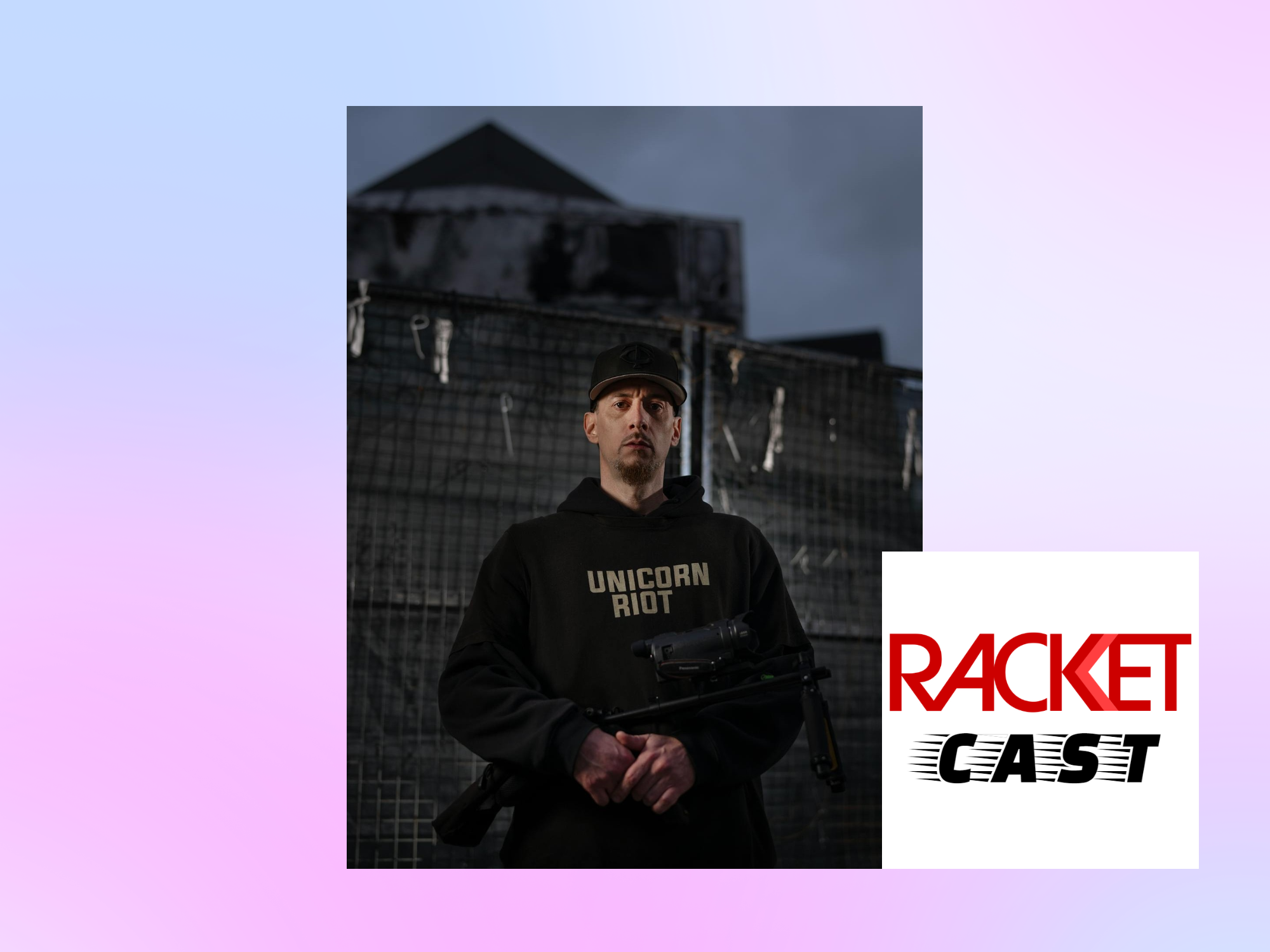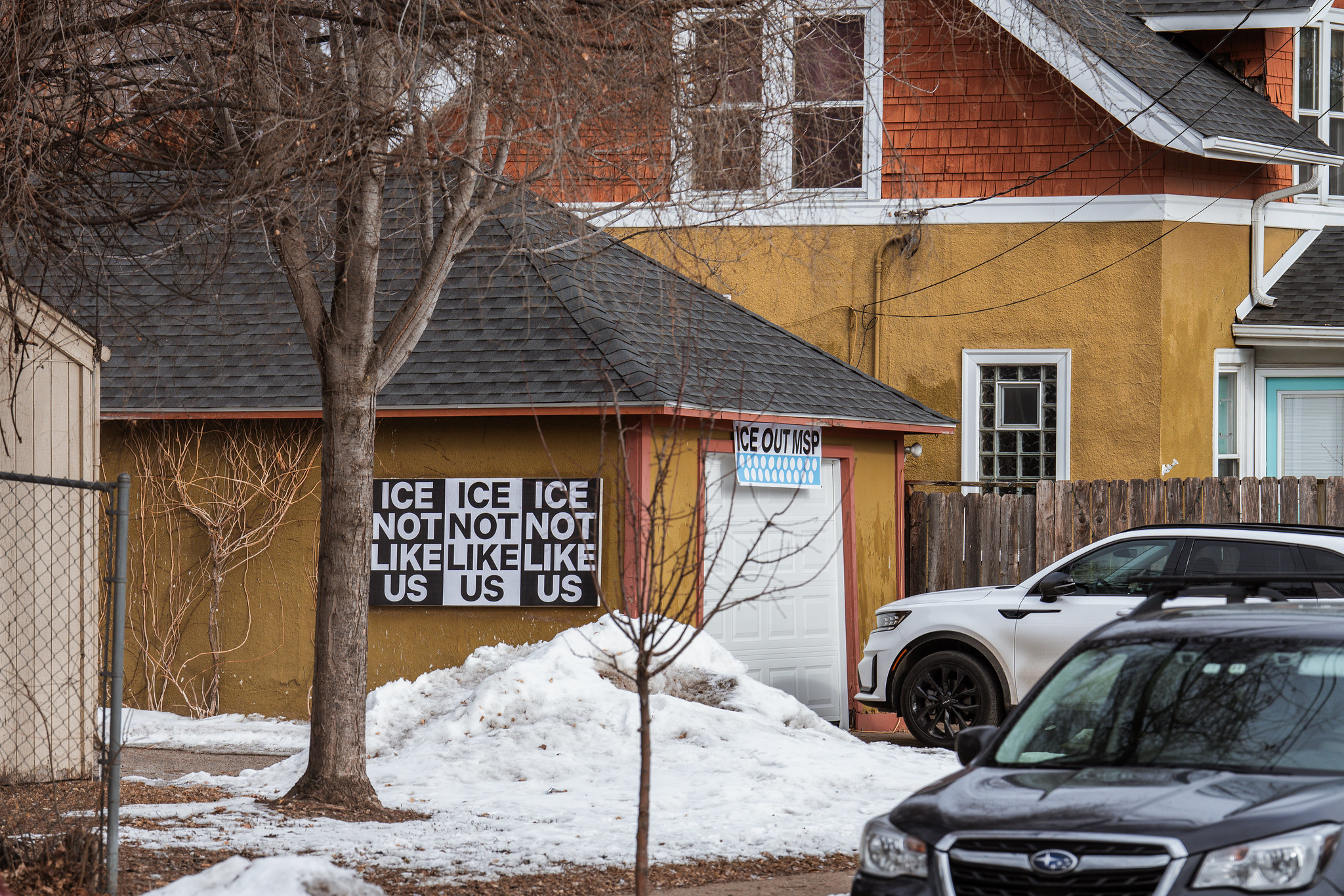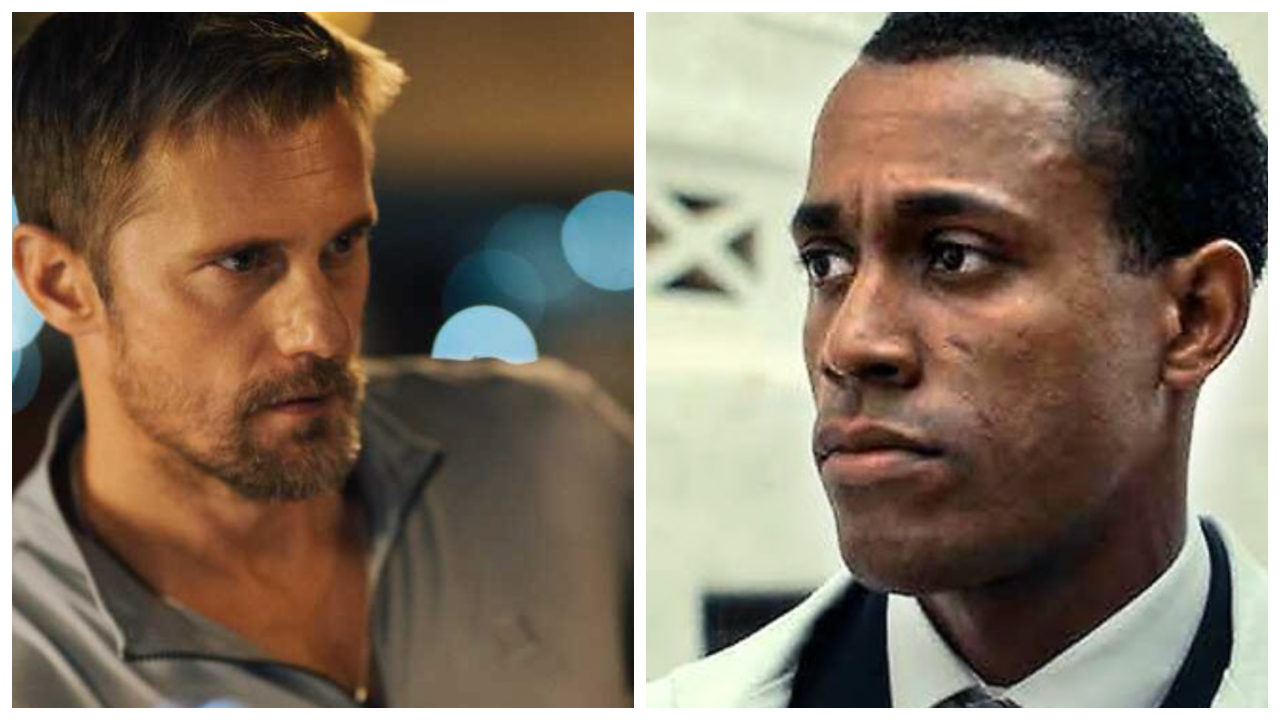“I wanted Wildflyer to be a community response to homelessness,” says cofounder Carley Kammerer. “It’s less about coffee; it’s more about how to be a good employee.”
Located at Minnehaha and 33rd in the Longfellow neighborhood, Wildflyer Coffee employs people ages 16 to 24 who are experiencing homelessness in some capacity. Through the program, they work about 15-20 hours a week as baristas at the shop, plus three to five hours a week with career counselors, employment coaches, people who provide mental health resources, and folks who teach digital and financial literacy training. Whether they're making coffee or meeting with professionals, all of those hours are paid.
The goal is to help them find employment after leaving Wildflyer, and be able to maintain independent living. Last year, 80% of participants were either employed or enrolled in school after leaving the program.
Samaria H., 19, discovered Wildflyer Coffee while trying to find a job. At the time, she was homeless; she now has stable housing.
“I think this place has helped me, you know, have a schedule, and now I am at least spending my time doing something that is helpful to me and my future,” Samaria says.
She's currently getting her high school diploma online, and enjoys working in the coffee industry so much that she plans to stay in it after graduating from Wildflyer’s program.
“Everyone [at Wildflyer] has helped me process a lot of the experiences I have been through in the city,” she says. “I have just grown a lot and can support myself better.”
By the end of the year, Wildflyer will have worked with around 75 youth. Their goal is to have five shops—three in the city and two in the suburbs—within the next 10 years.
Mackenzie Diessner, Wildflyer’s program coordinator, says educating customers on what youth homelessness looks like is important as well.
“A lot of people still see youth homelessness as like, ‘Oh someone is sleeping outside, or on the bus.’ I think that is definitely real for some youth," she says. “But a lot of them are in more non-traditional homeless experiences that people don’t really see as problematic or unstable.”
A 2018 Wilder Research Study estimated 13,300 Minnesota youth experience homelessness in some capacity over the course of a year. The number includes over 5,000 minors and over 7,000 young adults.
The actual numbers are most likely higher, as this report was pre-Covid and homeless youth tend to go unreported for a variety of reasons. Many will opt to couch surf or live in their car, as sleeping on the street as a runaway is a crime and can land them in trouble. It’s also more difficult to provide services to juvenile runaways because they often require court appointed guardianship.
Lt. Grant Snyder is a former program coordinator for homelessness in Minneapolis. He’s seen how vulnerable unhoused youth are, and advocates for more shelter beds and accessible mental health support.
“It is tied to what happens upstream,” he says. “From kids running away, from kids being displaced because of violence or domestic assault. [These things] drive kids out onto the street and out of a 'stable’ living situation.”
The definition of stable here is shaky, as the Wilder study found that 84% of youth who have experienced homelessness have had at least one childhood incident of trauma and abuse, 61% have lived with someone who abused substances, 60% have witnessed the abuse of a family member, and 59% have a parent with mental health issues.
Runaways are often dealing with mental health and addiction issues themselves; the study found that 7 out of 10 youth who are without homes have a chronic mental or physical health condition and/or a substance abuse disorder. That can reduce their ability to access programming, and Snyder says there’s already a lack of services for youth.
Wildflyer began as Gutterpunk Coffee, a coffee cart serving brew at small private events as well as farmers' markets at Linden Hills, Fulton, and northeast Minneapolis. They rebranded and moved to their permanent location in 2020. Kammerer, a former social worker, says she chose to open a coffee house because they're known for being community gathering places.
Wildflyer also hopes to facilitate positive interactions between customers and kids who are just trying to figure things out.
“It breaks down a lot of stigmas and barriers and brings people into solving the problem, which the whole community should be solving together,” Kammerer says.
Wildflyer Coffee
3262 Minnehaha Ave., Minneapolis
Sunday to Saturday, 7 a.m. to 6 p.m.






